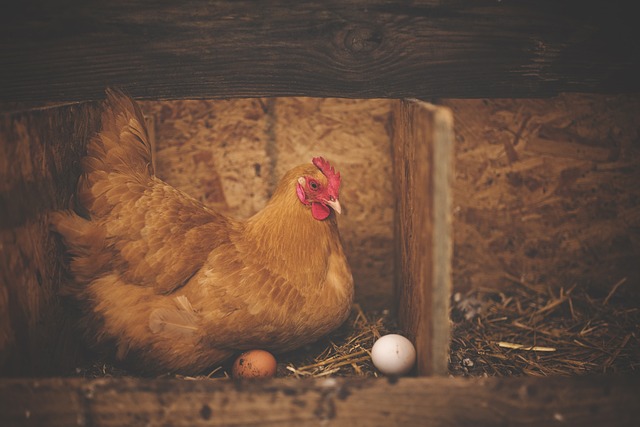Is Organic Farming More Expensive? Debunking the Myths
The popularity of organic food has grown steadily over the years, driven by concerns about health, the environment, and sustainability. Yet, a common question lingers: Is organic farming more expensive? At A Proper Farm, we believe in transparency when it comes to sustainable agriculture, and we’re here to debunk the myths surrounding the cost of organic farming. Join an Organic CSA with us at AProperFarm.com and explore the real costs and benefits of choosing organic produce.
Keyword:
-
Understanding Organic Certification Costs:
-
Certification Process: One factor contributing to the perception of higher costs in organic farming is the certification process. Organic farms must undergo rigorous evaluations and inspections, incurring associated fees. However, the cost of certification can vary, and some programs, like our Organic CSA at A Proper Farm, make organic produce more accessible.
-
Long-Term Sustainability: It’s essential to look beyond immediate expenses. Organic farming practices prioritize soil health and sustainability, which can lead to lower long-term costs by reducing the need for synthetic inputs and improving soil quality over time.
-
-
Economies of Scale:
-
Size Matters: Smaller organic farms may face higher production costs due to economies of scale. Larger conventional farms can often produce at a lower cost per unit. However, initiatives like our Organic CSA at A Proper Farm bridge this gap, making organic produce affordable for local communities.
-
Local and Small-Scale: Joining an Organic CSA connects consumers with local, small-scale organic farms like ours. These operations often have lower overhead costs and can offer competitive prices for high-quality organic produce.
-
-
Consumer Perspective:
-
Balancing Priorities: While organic produce may sometimes be priced slightly higher than conventionally grown counterparts, it’s essential to consider the long-term benefits. Many consumers prioritize the health and environmental advantages of organic food over marginal price differences.
-
Value for Health: Joining an Organic CSA offers consumers value for their health. Organic produce is grown without synthetic pesticides and herbicides, reducing the risk of chemical residues in food. This added value aligns with the commitment to a healthier lifestyle.
-
Conclusion:
Is organic farming more expensive? The answer isn’t a simple yes or no. While there are costs associated with organic certification and production, initiatives like our Organic CSA at A Proper Farm aim to make organic produce accessible to a broader audience. Joining an Organic CSA not only supports local, sustainable agriculture but also provides consumers with the health and environmental benefits of organic food. It’s an investment in a healthier future and a sustainable planet, where the true value of organic farming goes beyond the price tag. Visit AProperFarm.com to explore how you can join our Organic CSA and be a part of the organic movement.
